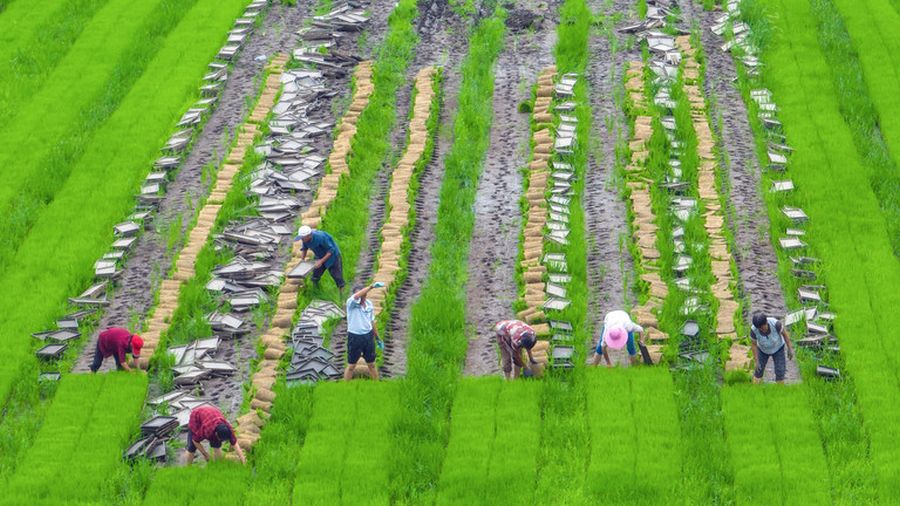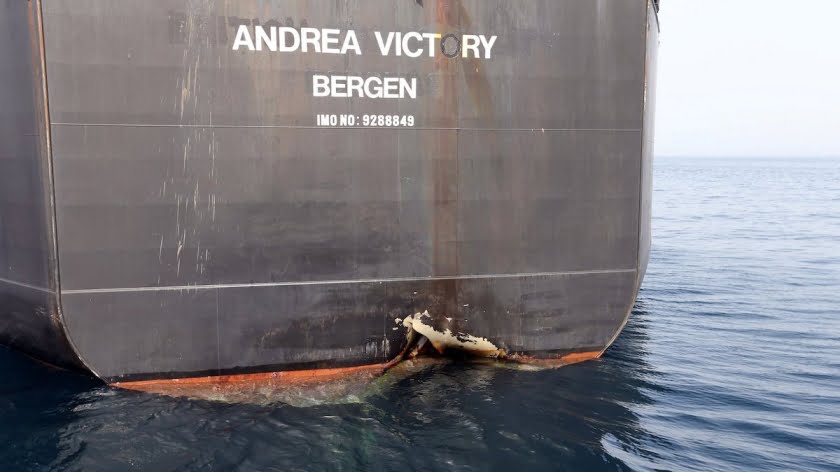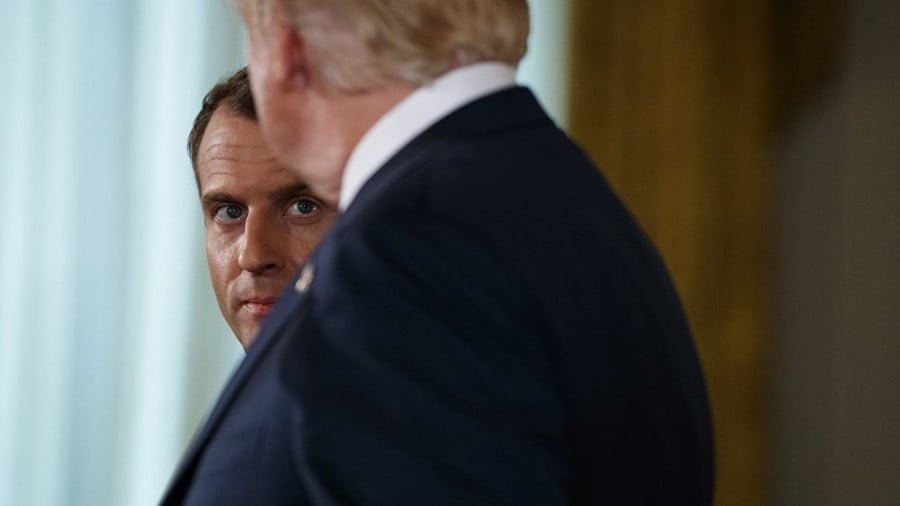China’s Farming Push Is About War
In a bid to secure a domestic food supply and cut down reliance on foreign imports, China is expanding its farmlands. As explained by the newspaper the China Daily, “the rapidly ageing rural population has made it more challenging for China to ensure food security,” bringing about a decline in the number of farmers and forcing the country to depend more on imported produce.
Since China is the world’s second-most populous country, with over 1.4 billion people, it is natural that its food demands are astronomical and growing year on year, as the population eats more with development and imports increase accordingly.
But there is an additional, geopolitical element to China’s sudden push for more farming. Using the word “food security” in the aforementioned article indicates that Beijing is well aware its growing reliance on foreign food imports represents a critical strategic risk for the country, one which can be leveraged to bring it to its knees. It might be implied that Beijing is preparing contingency plans for a potential war with the United States, and therefore must severely reduce its dependency on food imports, a great deal of which happen to come from the US itself.
A rapid way to defeat any nation in war, if geography allows it, is to place a maritime embargo on it and cut it off from critical import and export routes, locking it into a war of attrition as its resources dwindle and time plays against it. It might be said that the British Empire achieved this twice against Germany, which was unfavorably locked in the heart of central Europe, using the superior power of the Royal Navy to impose maritime embargos against it. In both World War I and II, Britain’s geographic advantage allowed it to close Germany’s commercial access to the Atlantic via both the North Sea and the Strait of Gibraltar.
Berlin, lacking critical resources such as oil and enough food supply, was strategically encircled and – despite having lightning-fast strike capabilities – could not win a protracted war. Naval embargos are very damaging, and that’s why the American strategy against China aims to completely encircle its peripheral oceans with interlocking alliances and a growing military presence. In the event of a war, the US would attempt to economically strangle Beijing with a maritime embargo, which would aim to cut it off from critical imports, and food would be no exception. If Chinese people starve, it brings the regime down and therefore the war is won.
One strategic contingency by China to address these war plans has been to build the Belt and Road initiative and therefore establish multiple logistical routes across Eurasia, making it less strategically vulnerable to maritime power. But that isn’t enough. The sheer size of China’s population and, subsequently, food demand, means Beijing has minimal room to compromise on this, and its reliance on products grown en masse in America, such as soybeans, is a massive liability. This is why not only has China pushed the BRI, but it is pushing a doctrine of self-reliance on all fronts, which Xi Jinping has described as “dual circulation.” That also includes not only things like microchip production, but farming and food as well.
China’s new economic outlook is a response to the reality that even without considering war, the era of globalization is ending and the US is forcibly tearing it up, with everything becoming strategized. The primary goal of the country has to be to rely on itself and its own markets to sustain economic growth, as some countries become hostile, put up barriers, or leverage aspects of cooperation in demand for strategic objectives. If you look at US commercial goals pertaining to China, the ambition of US leadership is to cripple China’s semiconductor and high-tech industries, but then demand Beijing buy hundreds of billions worth of soybeans to satisfy the needs of American agriculture. This is precisely what Trump proposed in his “trade deal” with China all the way back in 2019. The only acceptable commercial relationship Washington wants is one of exploitation, but with agriculture, the demand is there and the US knows it.
Therefore, China’s bid to shore up its own farming has both a military and strategic dynamic. First, stop a lack of supplies from becoming a liability in any embargo situation. Second, reduce dependency on the US market for agricultural exports as a means of trade leverage. But that doesn’t mean it is without risk. A certain former Chinese leader tried to do this before, aiming to increase rice production on an enormous scale in order to boost the nation’s own self-reliance and overtake Western powers. This effort, known as ‘The Great Leap Forward’ ended in disaster – one of the greatest famines in human history and millions upon millions of deaths. China’s newest push must be more reasoned and according to market dynamics. Beijing doesn’t need any more economic goals than they have had already.







